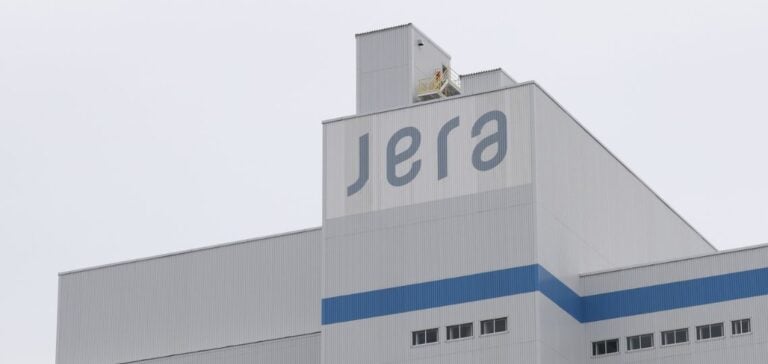Japan’s JERA, the country’s largest power generation company, is starting a test phase for its project to use ammonia as a fuel in one of its main thermal power plants. This project marks a world first in the effort to integrate ammonia on a commercial scale into the energy sector, a field where until now it has been used mainly as a raw material for the production of fertilizers and chemicals. JERA’s initiative is part of a wider energy transition, seeking to exploit ammonia as a carbon-free fuel and a potential carrier for hydrogen transport, thanks to its existing trade flows that can be extended.
An ambitious pilot test
Ammonia cofiring tests began on April 1 at the 1 GW No. 1 coal unit. 4 thermal power plant in Hekinan, central Japan, and will continue until June, using around 40,000 mt of ammonia. The process, which involves mixing ammonia with coal for energy production, envisages 20% cofiring, a first for a large commercial plant of this type. These trials are part of a four-year pilot project, during which JERA is committed to commercializing this ammonia cofiring technology by 2030 and moving to 100% ammonia fuel use in the 2040s, aiming for carbon neutrality by 2050.
CO2 emission reduction targets in Japan
Japan, aiming to reduce its greenhouse gas emissions by 46% by the end of fiscal year 2030-31 compared with 2013-14 levels, and seeking to achieve carbon neutrality by 2050, sees great potential in ammonia as a zero-emission CO2 fuel.
This JERA initiative places Japan at the forefront of decarbonization efforts, and also offers a potential model for other nations pursuing similar goals of transition to sustainable energy sources.






















